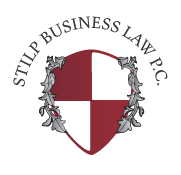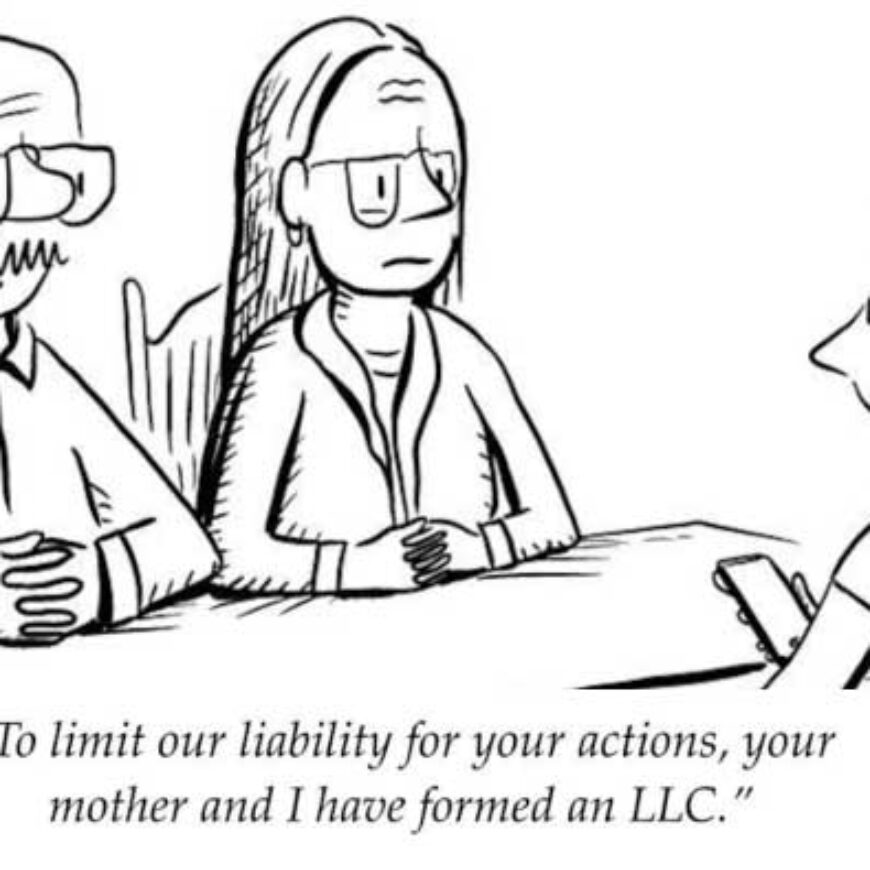by Tom Stilp JD, MBA/MM, LLM, MSC, DBA, July 31st, 2025
Nearly 40% of small business owners were hit with lawsuits by employees according to a recent survey (Toppe, 2024). It is any wonder why small businesses are getting confused – large businesses have sophisticated HR, Legal and Accounting Departments, but where can small businesses turn?
Consider some of these issues:
OVERTIME
Businesses are being forced to pay big bucks for misclassifying employees and failing to pay proper overtime. Overtime laws can apply to the owner and create personal liability, regardless of the corporate protections. A finding that there was an intentional failure to pay overtime may mean personal liability for business owners. Overtime laws provide for additional damages, such as costs of litigation, which often exceed the underlying employee claim.
The issues have become more confusing with the new technology. How do small businesses control after-hours work on emails, smart phones and other devices? How can a business accurately track overtime after hours, prevent unauthorized overtime, and correctly classify employees as either exempt (no overtime rules apply) or nonexempt (overtime rules apply)?
Is your business vulnerable? It probably is as the number of lawsuits has spiked dramatically. The Department of Labor estimates more the 70% of employers are not following overtime laws under the Fair Labor Standards Act (Dept. of Labor, 2024).
These figures mean it is more likely that your business will be the subject of a lawsuit.
TERMINATION
Termination pay – when to pay it and how to pay it? How quickly must the employer give the final paycheck to the employee? Many employers simply assume the timing of the final paycheck can be processed in the usual course of payroll, but that is not always true. Is there a difference between a continuation of wages or a lump sum severance? Can an employer deduct amounts owed by the employee from the final paycheck? What records should the employer keep?
Unlike large businesses that have a standard termination procedure, many small businesses do not have the answers to these questions, let alone even know to ask them.
EMPLOYER RIGHTS
When the rights of an employee are considered in litigation, the past decisions of the employer are put under a jeweler’s glass, and many decisions that were made in an ordinary business context without much time for evaluation are now examined with hyper –vigilance.
Preventing costly mistakes while terminating an employee, handling exit interviews without blowback, documenting and controlling overtime, and enforcing employer rights without repercussions all require answers that can be provided by good counsel. As long as the employer is fair, there is plenty of leeway in what the employer can do legally.
The expression that “a rational person would prefer a barricade at the top of a cliff rather than an ambulance at the bottom” has never been more apt.
References
Dept. of Labor, Wage & Hour Division (2024), retrieved at:
https://www.dol.gov/agencies/whd/overtime.
Toppe, J. (2024, Sept. 19). “Small business owners rattled by employee lawsuits.”
Property Casualty 360, retrieved at: https://www.propertycasualty360.com/2024/09/19/__trashed-3/



